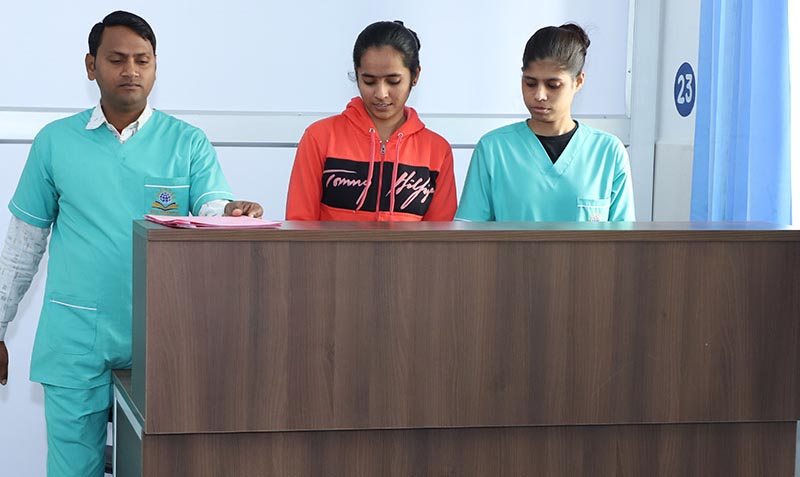- Home
- About
- Chancellor Message
- Pro Chancellor Message
- Vice-Chancellor Message
- Organization Structure
ADMINISTRATION

- Academics
- Program
- Student Corner
A Home away from Home
Student Corner
Research
Gallery
Other Links
- Campus Life
A Home away from Home
Youth Festivals & Summits
Culturally Diverse
Student-Friendly
Technology integration
- Contact Us
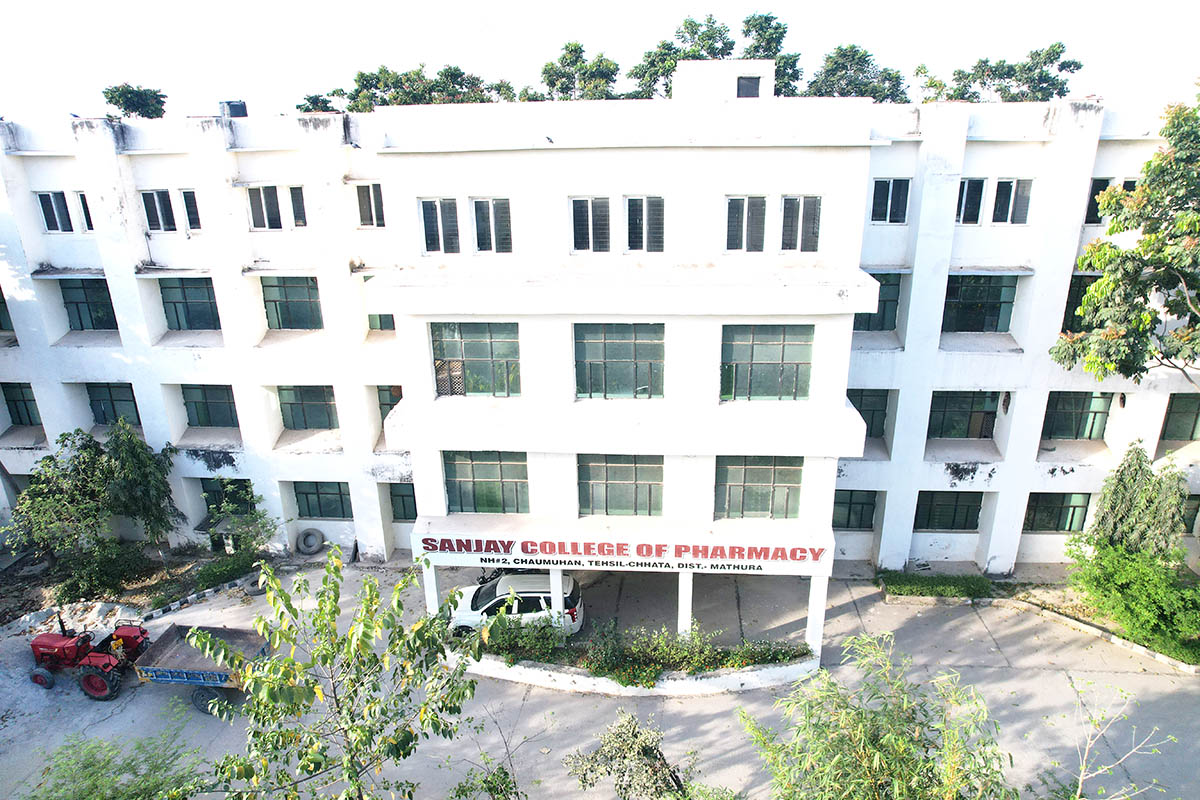
B. Pharm
The course structure for the Bachelor of Pharmacy (B. Pharm) program in India is regulated by the Pharmacy Council of India (PCI). The B. Pharm program is designed to provide students with comprehensive education and training in pharmaceutical sciences, preparing them for various roles in the pharmacy profession, including research, industry, and clinical practice. The B. Pharm program typically spans four years. Here’s an overview of the course structure as per the guidelines of the PCI: Course Duration: • Total Duration: 4 years • Academic Education: 8 semesters (2 semesters per year) Year-wise Course Structure:
First Year (Semesters 1 and 2)
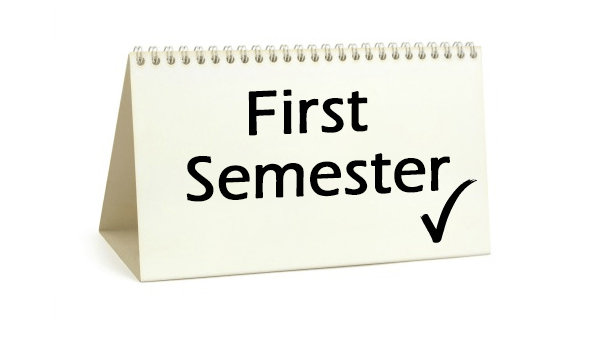
• Human Anatomy and Physiology I • Pharmaceutical Analysis I • Pharmaceutics I • Pharmaceutical Inorganic Chemistry • Communication Skills • Remedial Biology / Remedial Mathematics

• Human Anatomy and Physiology II • Pharmaceutical Organic Chemistry I • Biochemistry • Pathophysiology • Computer Applications in Pharmacy • Environmental Sciences
Second Year (Semesters 3 and 4)

• Pharmaceutical Organic Chemistry II • Physical Pharmaceutics I • Pharmaceutical Microbiology • Pharmaceutical Engineering
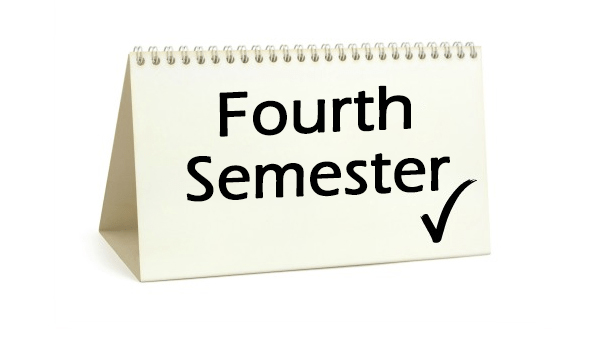
• Pharmaceutical Organic Chemistry III • Medicinal Chemistry I • Physical Pharmaceutics II • Pharmacology I • Pharmacognosy and Phytochemistry I
Third Year (Semesters 5 and 6)

• Medicinal Chemistry II • Industrial Pharmacy I • Pharmacology II • Pharmacognosy and Phytochemistry II • Pharmaceutical Jurisprudence
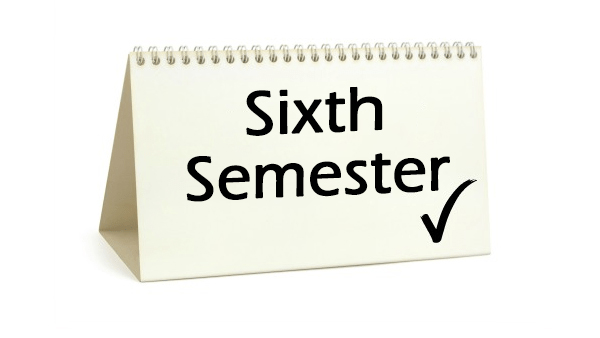
• Medicinal Chemistry III • Pharmacology III • Herbal Drug Technology • Biopharmaceutics and Pharmacokinetics • Pharmaceutical Biotechnology • Quality Assurance
Fourth Year (Semesters 7 and 8)

• Instrumental Methods of Analysis • Industrial Pharmacy II • Pharmacy Practice • Novel Drug Delivery System

• Biostatistics and Research Methodology • Social and Preventive Pharmacy • Elective subjects (such as Advanced Instrumentation Techniques, Dietary Supplements and Nutraceuticals, Pharmaceutical Regulatory Science, Pharmacovigilance, Quality Control and Standardization of Herbals, Computer-Aided Drug Design, Cell and Molecular Biology, Cosmetic Science, Experimental Pharmacology, Advanced Biopharmaceutics, and Computer-Aided Drug Delivery System)
Practical

- Laboratory Work: Integral part of each semester’s curriculum to ensure practical understanding and hands-on experience.
- Industrial Training: Typically, students must complete a mandatory industrial training of 4 weeks during their course to gain real-world industry experience.
Assessment and Examinations
- Internal Assessment: Regular assessments including practical, assignments, quizzes, and internal exams.
- University Examinations: Conducted at the end of each semester, including both theory and practical exams.
Curriculum Highlights
- Comprehensive Pharmaceutical Education: Covering various aspects such as drug formulation, medicinal chemistry, pharmacology, pharmacognosy, and clinical pharmacy.
- Skill Development: Emphasis on practical skills, laboratory techniques, and industrial training.
- Research Orientation: Inclusion of project work and research methodology to encourage research skills.
- Regulatory and Ethical Knowledge: Understanding of pharmaceutical laws, ethics, and regulatory affairs.
- Electives: Offering a range of elective subjects to allow students to specialize in areas of their interest.

D. Pharm
The course structure for the Diploma in Pharmacy (D. Pharm) program in India is regulated by the Pharmacy Council of India (PCI). The D. Pharm program is designed to provide students with foundational education and training in pharmaceutical sciences, preparing them for various roles in the pharmacy profession. The D. Pharm program typically spans two years, followed by a practical training period. Here’s an overview of the course structure as per the guidelines of the PCI: Course Duration: • Total Duration: 2 years • Academic Education: 2 years (divided into Part-I and Part-II) • Practical Training (Hospital training): Minimum of 500 hours spread over a period of at least 3 months
First Year (Part-I)

Subjects
• Pharmaceutics: Introduction to the basics of pharmacy, including the preparation and dispensing of medications. • Pharmaceutical Chemistry: Fundamentals of pharmaceutical chemistry, including inorganic chemistry and the study of pharmaceutical compounds. • Pharmacognosy: Study of medicinal drugs derived from plants and other natural sources. • Human Anatomy and Physiology: Understanding the structure and function of the human body. • Social Pharmacy: Principles of health education and the role of community pharmacy in public health.

Subjects
• Pharmacology: Study of drug action, therapeutic uses, and toxic effects. • Community Pharmacy & Management: The practice & administration of pharmaceutical services within local communities, addressing medication needs & promoting health & wellness. • Biochemistry and Clinical Pathology: Basics of biochemistry and its applications in clinical pathology. • Pharmacotherapeutics: Study & application of drugs for treating diseases & improving health outcomes • Hospital and Clinical Pharmacy: Role of pharmacy in a hospital setting, including clinical services and patient care. • Pharmacy Law & Ethics: Laws and regulations governing the practice of pharmacy in India.
Practical

Internship/Practical Training:
- Duration: Minimum of 500 hours, spread over a period of not less than 3 months.
- Setting: Practical training is conducted in a hospital, pharmacy, or pharmaceutical industry to provide hands-on experience.
- Objective: To ensure that students gain practical skills in dispensing medications, managing a pharmacy, and providing pharmaceutical care.
Assessment and Examinations:
- Internal Assessment: Regular assessments including practicals, assignments, quizzes, and internal exams.
- University Examinations: Conducted at the end of each academic year (Part-I and Part-II), including both theory and practical exams.
Curriculum Highlights
- Foundational Pharmaceutical Education: Focus on basic concepts in pharmaceutics, pharmaceutical chemistry, pharmacology, and pharmacognosy.
- Skill Development: Emphasis on practical skills, laboratory techniques, and real-world training.
- Regulatory Knowledge: Understanding of pharmaceutical laws, ethics, and regulations.
- Community and Clinical Pharmacy: Training in community health, clinical pharmacy, and patient care.

